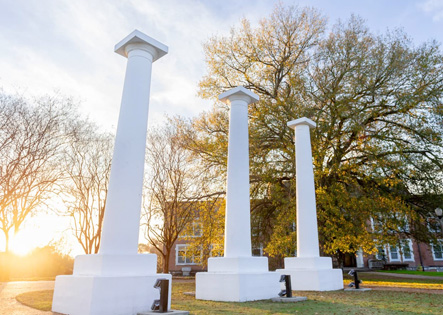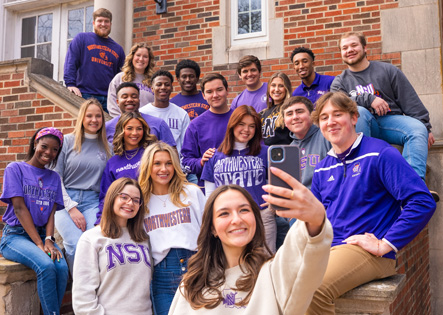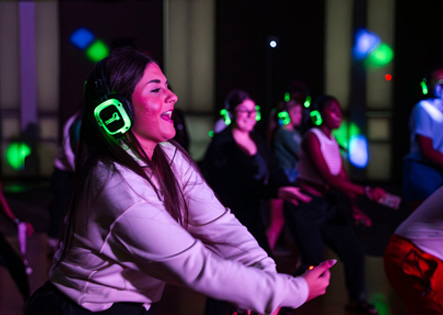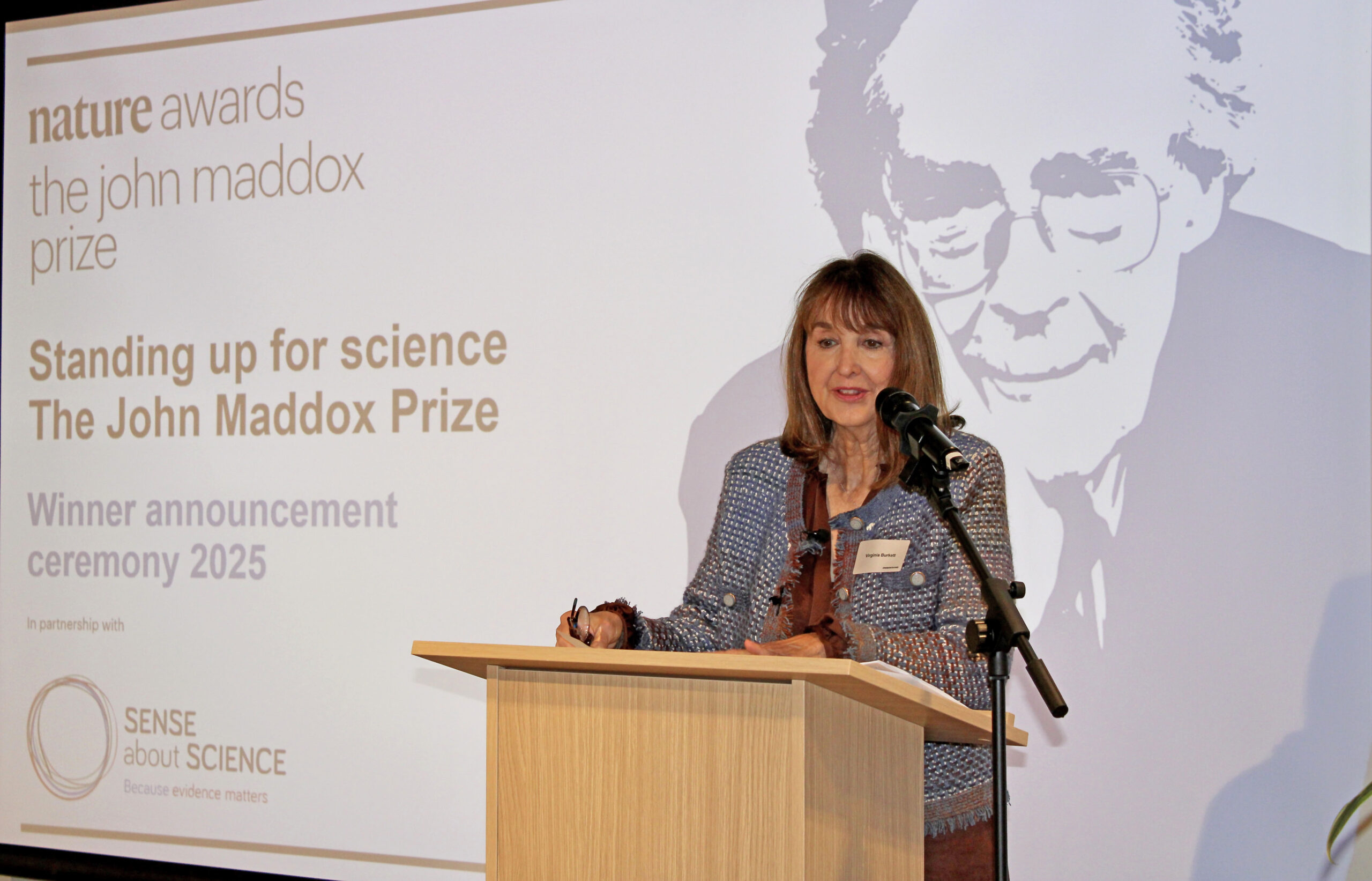Dr. Virginia Burkett of Many was awarded the 2025 John Maddox Prize, an annual award established by Sense about Science, an international organization that promotes the public interest and sound science evidence, and the scientific journal “Nature.” The prize honors those who have shown courage in defending science and evidence-based policy, especially in the face of public hostility.
The award validates Burkett’s long career as a research scientist and recognizes “her significant body of work to improve understanding of the impact of climate change on ecosystems, and for her insistence that these impacts were appropriately and honestly represented,” according to journal “Nature.”
Burkett is former chief scientist for Climate and Land Use Change at the U.S. Geological Survey and former chair of the U.S. Global Change Research Program. She has authored roughly 100 scientific publications on wetlands, climate change and coastal systems. The Maddox Prize recognizes her defense of science focused on the impacts of climate change on ecosystems. She traveled to London to receive the award.
“Early in my career as a natural resource manager, I learned the value of science to support decision making,” Burkett said in her acceptance remarks. “I relied on science to manage threatened fish and wildlife populations and to guide coastal management decisions. Form those experiences I learned pretty quickly that when scientific findings collided with the financial interests of powerful corporations and politicians, scientific integrity could be threatened.”
Burkett earned bachelor’s and master’s degrees from Northwestern State University and a doctoral degree in forestry from Stephen F. Austin University. In addition to serving as chief of the Forest Ecology Branch of the U.S.G.S. National Wetlands Research Center in Lafayette, she was the first female in the United States to be appointed director of a state fish and wildlife department when she was appointed secretary of the Louisiana Department of Wildlife and Fisheries in 1988.
Burkett has published extensively on the topics of global change and low-lying coastal zones. She was nominated by the U.S. government to be lead author on the United Nations’ Intergovernmental Panel on Climate Change (IPCC) Assessment Reports (2001, 2007 and 2014) and the IPCC Technical Paper on Water (2008). She was lead author of three National Assessments of climate change impacts produced by the United States Global Change Research Program. She also served on over 70 committees, commissions, science panels and boards during her career. She was among the several hundred authors who contributed to the IPCC reports that garnered the Nobel Peace Prize in 2007. She is a Scientist Emerita for the U.S.G.S.
Although she retired in in January 2025, she continues to work on research publications that she had already started. She also devotes time to her church and to her alma mater, Northwestern State.
“I spend a lot of time lecturing early career scientists and college students interested in ecology and natural resource management,” she said. “The most lasting impacts of my efforts are probably on young people. I hope that my work has inspired public awareness and understanding of the influence of human activities on coastal systems and the earth’s climate.”
Burkett donated the Maddox Prize monetary award to the Climate Science Legal Defense Fund and the IPCC Scholarship Fund to benefit young scientists.
Burkett and her husband Don Burkett, also a graduate of Northwestern State, were inducted in the NSU’s Long Purple Line, the alumni hall of distinction, in 2011.





